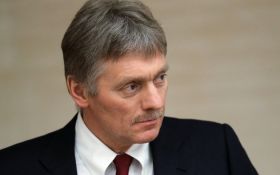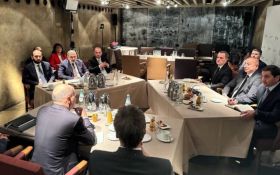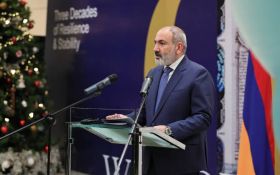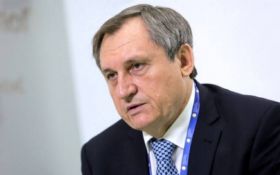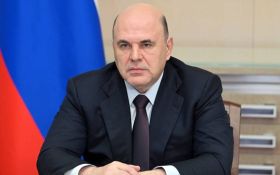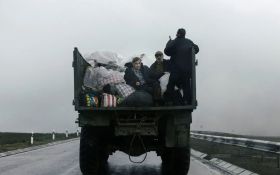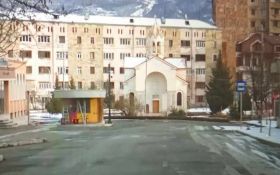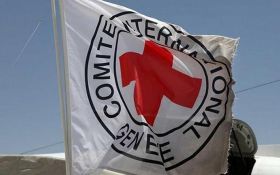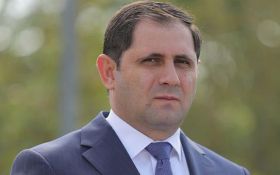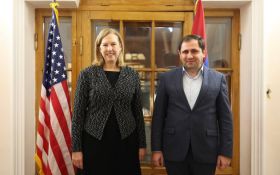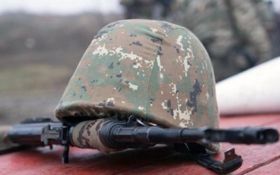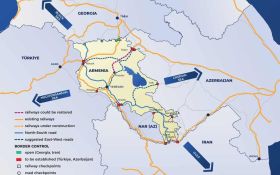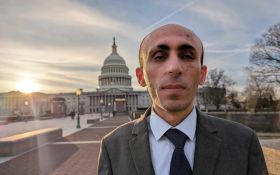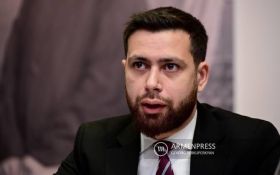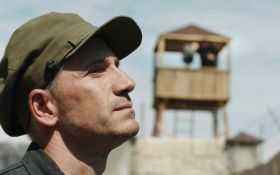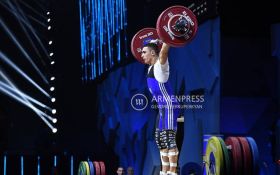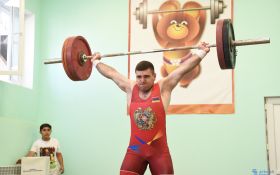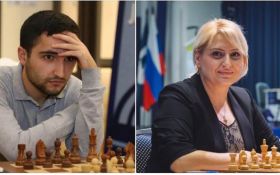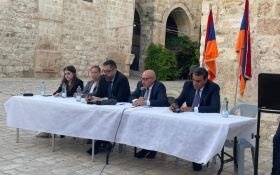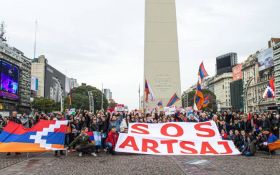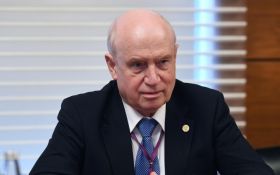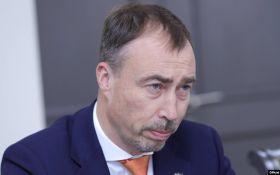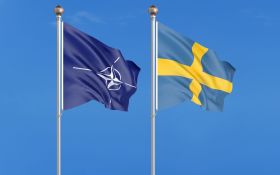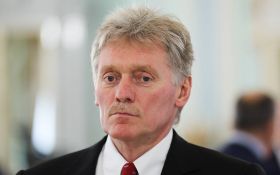Tert.am has interviewed Russian Ambassador to Armenia Ivan Volynkin.
Lack of mutual confidence accounts for lack of progress in Karabakh peace process: Ivan Volynkin
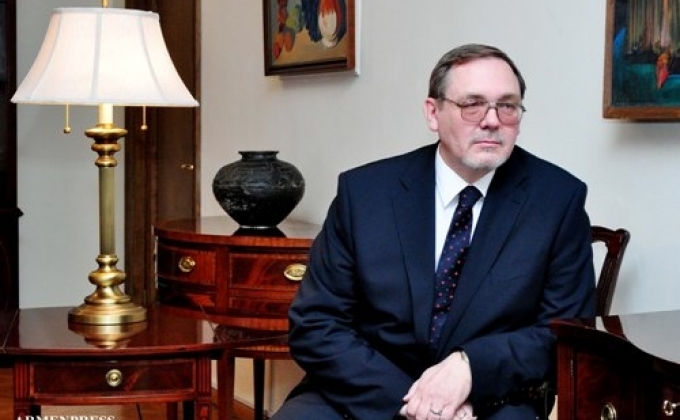
STEPANAKERT, FEBRUARY 8, ARTSAKHPRESS: Mr Volynkin, the United States, European Union (EU) and UN Security Council removed economic sanctions from Iran after it fulfilled its commitments on its nuclear program. What is the importance of a major exporter’s return to the raw materials market? What consequences could face Russia?
Russia was consistently for removal of sanctions from Iran. Moreover, Russia was actively contributing to an agreement both by proposing specific technical solutions and by resolving complicated political issues. Many admit the deal would have been impossible without Russia.
Russia also believes any sanctions are counterproductive. Russia is ready for cooperation and development of trade and economic relations with Iran.
The removal of sanctions has opened the once closed arms market. Can Russia benefit from it?
With mutual consent, we are ready to consider such cooperation prospects.
Georgian Minister of Energy Kakha Kaladze stated that Georgia would be able to import Iranian gas only through Azerbaijan and Armenia in the future. Will Russia raise objections?
Iranian-Armenian-Azerbaijani energy cooperation is a subject of negotiations between the three nations Russia remains a reliable gas supplier for the region. Time will show further schemes.
The Russian military base in Armenia has lately been actively reinforced with transport helicopters. Armenian experts are concerned over the fact, implying Russia’s intention to make use of Armenia’s territory and air space in its confrontation with Turkey.
Armenia and Russia have formed stable strategic partnership of obviously defensive and politico-military nature. Russia’s long-term military presence in Armenia is envisaged by the Interstate Agreement on the Russian military base in Armenia signed in 1995. This document plays a special role in our states’ collective and national security.
The airbase in Erebuni is a constituent part of military Base 102 in Gyumri. The numerical strength and ammunition of the Russian military contingent is agreed on with the Armenian side, with external threats considered.
Yes, helicopters have lately arrived at Erebuni. It was planned several years ago as there was a need for upgrading the military equipment.
Does Russia see any threats to its security on the Armenian-Turkish border? Is the growing tension in relations with Turkey the reason for Russia beefing up its military presence or are there any other reasons?
At present, the Frontier Department of the Federal Security Service of Russia, in cooperation with Armenian partners, is protecting the Armenian-Turkish and Armenian-Iranian borders. The situation on the border remains stable. I say again that a program approved several years ago envisaged reinforcement of Military Base 102.
Have Russia and Turkey lost their relations or d they still have a chance to restore their relations?
Last November, President Vladimir Putin announced the conditions for Turkey to meet to resume its dialogue with Russia: apologies for the downed SU-24 at the top political level, restitution and punishment of the criminals. Otherwise, any restoration of relations is out of the question. The Russian side is now preparing additional measures, including restrictions on Turkish companies’ presence on the Russian construction market.
According to some information, economic sanctions caused economic damage to Russia as well. What is your opinion on the ways of resolving the problem?
First of all, none of the sides benefited. Experts point out a considerable decline in Russian trade with most of the states supporting anti-Russian sanctions. On the other hand, trade with the United States showed an insignificant increase.
Russia’s position, which our European partners are well informed of, is that any problems between nations can be resolved by means of negotiations. We were not the first to impose restrictions. So we are not to be the first to start. Nor are we going to act as suppliants.
Do you think Russia will continue selling arms to Azerbaijan in the context of Turkish-Russian relations?
Cooperation of Russian-Armenian cooperation, including military and technical cooperation, is within the terms of reference of the Russian Embassy in Armenia.
Can any progress in the Nagorno-Karabakh peace process be expected?
We would like to hope that this year will see progress in the Nagorno-Karabakh peace process. As OSCE Minks Group co-chair, Russia is sparing no effort to resolve the situation.
A their joint press conference last November, our Foreign Minister Sergey Lavrov and Armenian Foreign Minister Edward Nalbandyan stated that Russia supported Yerevan’s commitment to an exclusively peaceful settlement of the Nagorno-Karabakh conflict.
Are any negotiations in progress on replacement of the OSCE Minsk Group co-chairs or appointing more?
The Embassy has no information on such negotiations. It is not the number of co-chairs, but lack of mutual confidence between the conflicting parties that is in question. It is most difficult to ensure progress in the peace process without confidence, which has repeatedly been stated.
What’s your idea of Armenia’s further membership in the Eurasia Economic Union (EEU) while Armenia has restricted its relations with third states because of it? However, Russia, the most powerful economy in the EEU, is in a grave situation because of the global oil prices, and state budge sequestration is being talked about.
All the EEU member-states are well aware – and we have repeatedly stressed it – that the EEU is a means for our countries’ progress, which, by means of free movement of products, capital, services and labor force, well enable us to progress amid the continuing economic crisis.
At present we can say with certainly that our economies would have faced very grave consequences if the five states had not joined the EEU. According to different estimates, losses would have totaled US $1 to $6bn in individual countries. Armenia was able to increase its exports within the EEU last year – particularly the exports of agricultural produce to Russia. Migrant laborers are enjoying serious privileges.
Of course, for a number of reasons our countries did not register an advance expected by many. But we should not forget the EEU is only 1-year-old, whereas the European Union in its present state has taken about 50 years to form.
We are looking ahead with well-founded optimism. It is only by joint effort that we can create the most favorable conditions for developing our economies to ensure stability, security and prosperity in the Eurasian area.

